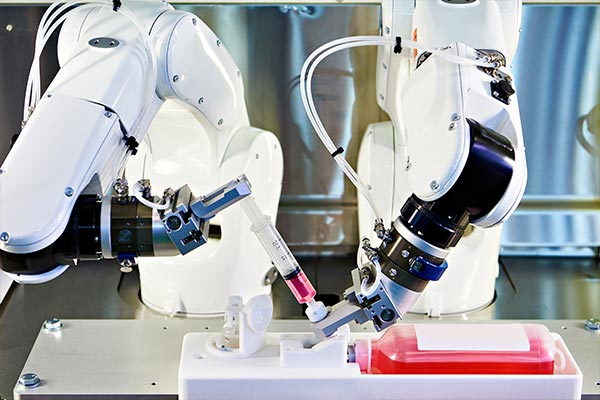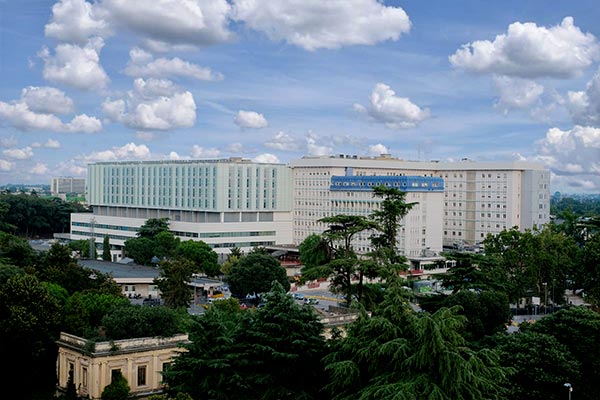- Dipartimento

Presentazione
Governance
Contact us
- Ricerca

Attività di ricerca
- Didattica

PhD programmes and postgraduate training
Corsi di Studio
- Territorio e società

Information for community
Servizi per il territorio
Contact us
- People
- contacts
-




